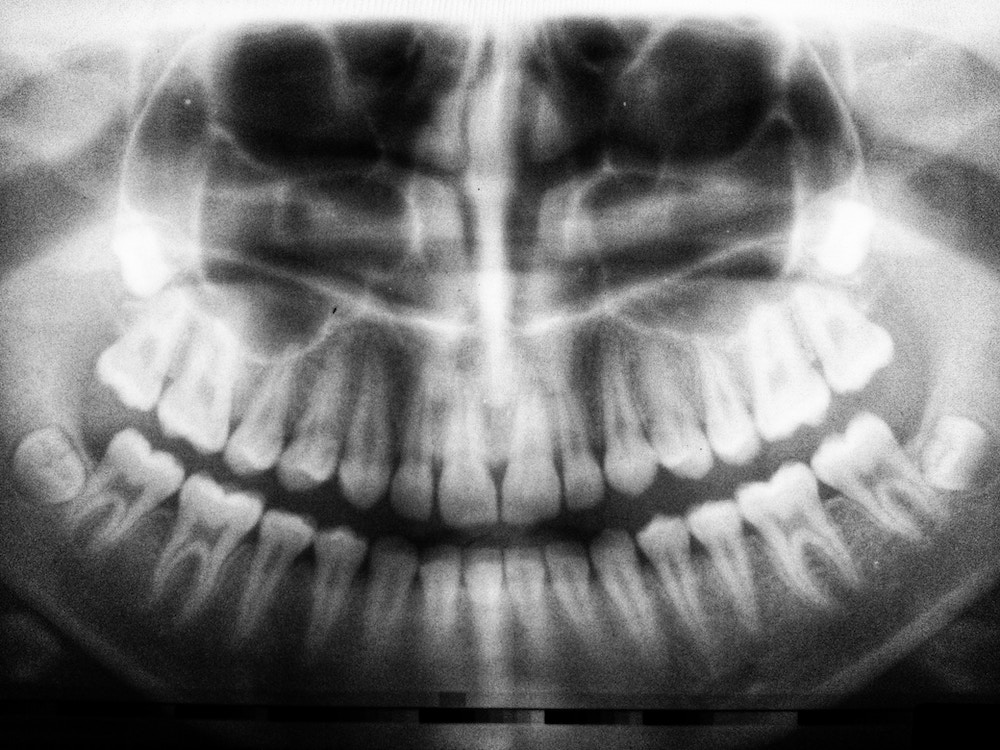Bone Resorption: What is it and Why Does it Happen?

Our bodies are an excellent example of “use it or lose it.” We’re made up of billions of living cells in a state of constant change. If we fail to exercise or move around, our bodies divert those valuable resources elsewhere.
As a result, our muscles start to shrink — and the same concept applies to our bones.
In this article, we’ll examine bone resorption in depth so you can learn what causes it and how to slow the process as much as possible.
What is Bone Resorption?
Bone resorption is the biological process in which our bodies break down our bone tissue and release the minerals into our bloodstream. It’s a natural function that allows our bones to heal and renew themselves over time.
It’s a cycle of breaking down and regenerating — but the process can be interrupted when your body believes it no longer needs bone mass in that particular area. As a result, the bone gets broken down but not replaced.
One of the most common places for resorption to occur is in the jawbone.
What Causes Jawbone Resorption?
One of the main reasons for jawbone resorption is the loss of teeth.
When the root is removed, your jawbone no longer receives the stimulus and pressure of chewing. This causes your body to believe that it no longer requires the same bone density in that area.
When a tooth is extracted or lost, up to 25% of bone density can be lost in the first year — and the process continues. Jawbone loss causes your face to shrink, which may make you appear older than you actually are.
However, if you’re a current or future denture user, there are a few steps you can take to reduce the rate of resorption.
How to Slow Jawbone Resorption as a Denture User
If you’re concerned about jxawbone resorption, you may want to consider dental implants over traditional dentures. Dental implants replace the root and crown of some of your natural teeth — which can stimulate your jawbone to create bone mass.
Although it isn’t perfect, this little bit of pressure and stimulus can slow the resorption process significantly — which means fewer visits to your denturist for adjustments and refittings.
It’s also important that you remove your dentures overnight. Not only will this give you an opportunity to properly clean and soak your dentures but leaving them in for long periods of time can actually speed up the resorption process.
The constant pressure can cause your jaw to become inflamed — which can cause the rate of resorption to increase significantly.
Do you find yourself needing frequent denture adjustments? It may be time to consider dental implants. Schedule an appointment to see our specialists at the Denture and Implant Centre today to learn more.


